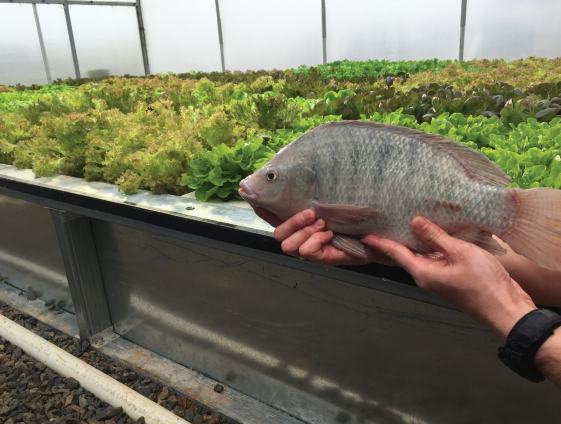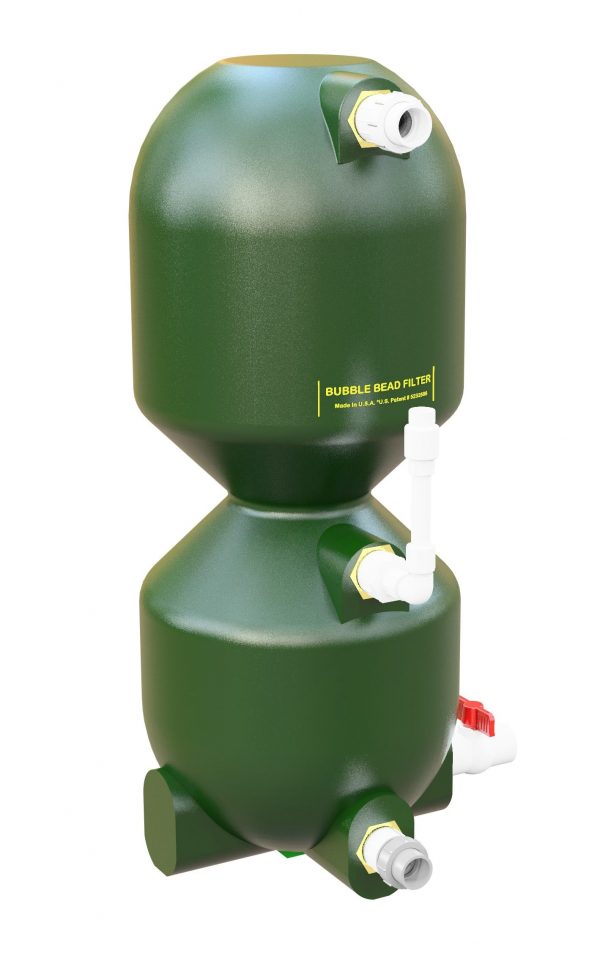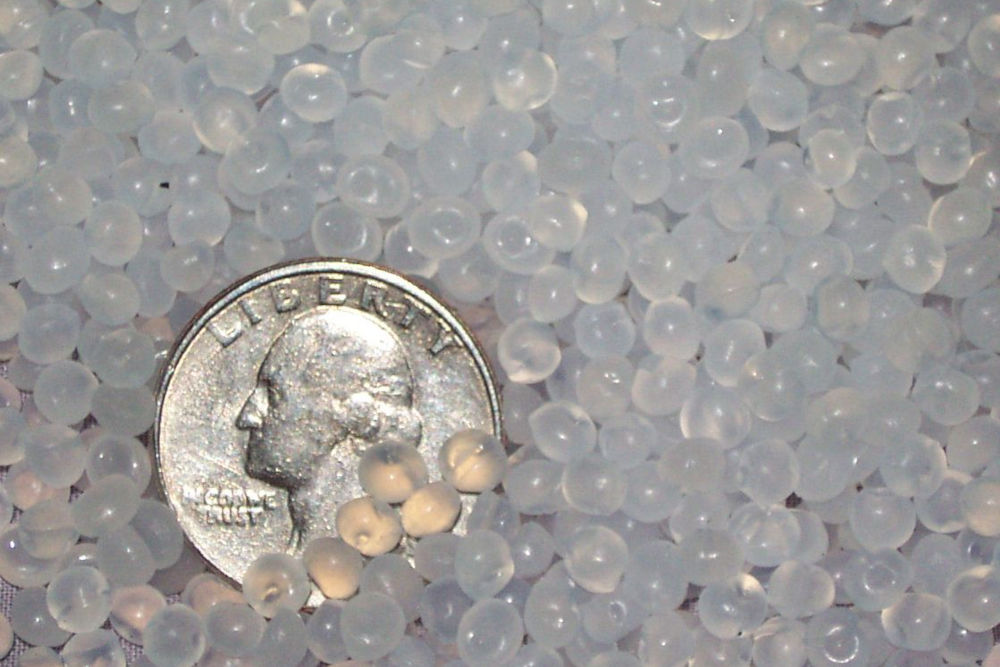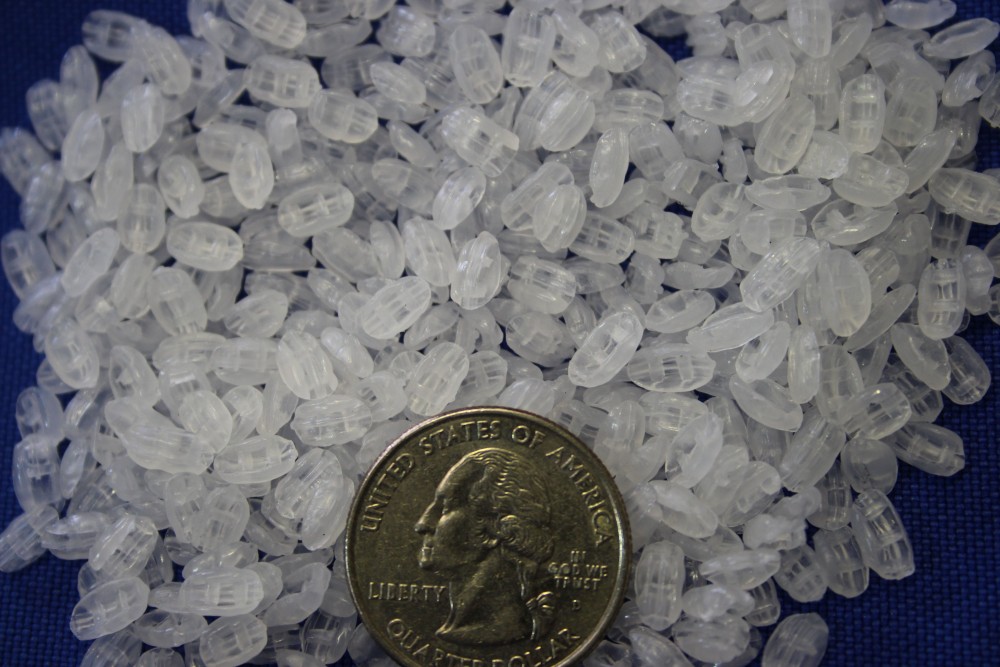About AST
Over 20 years of Innovations in Bead Filter Technology
Aquaculture Systems Technologies, LLC (AST) was founded in October 1995 to manufacture and market “Bead Filter Technologies” which were first developed at Louisiana State University’s Civil and Environmental Aquatics Systems Laboratory in the early 1990s by Dr. Ron Malone.
Today, AST’s product line features a variety of different filtration products utilizing Bead Filter Technology. These products can handle a wide range of filtration needs and span a variety of industries including aquaculture and fish hatchery systems, home koi ponds, wastewater filtration, and many more.
AST’s main office has been located in New Orleans for 20 years and recently opened an office in Louisville, Colorado.
AST is excited to continue moving forward with new research and development projects and will continue to provide great filtration products for many years to come.

Our Biofilter Technology
Bead Filter Basics
Bead Filters were first developed in Louisiana State University’s Civil & Environmental Aquatic Systems Laboratory in the early 1990’s by Dr. Ron Malone. Bead Filters are generally classified as “expandable granular biofilters” or EGB’s and are distinguished from other filters by the use of plastic floating granular filter media. Water from the aquatic system passes through the packed bed of plastic beads. The beads capture the solids, while simultaneously providing a large surface area (400 ft2 /ft3 ) for the attachment of nitrifying bacteria which remove dissolved nitrogenous wastes. Bead Filters are often referred to as Bioclarifiers for their ability to perform both biofiltration and clarification in a single unit.
Better Than Sand
Bead Filters were originally invented to overcome some of the major problems with using sand filters. Compared to sand filters, bead filters are immune to biofouling, they never require replacement of the bead media, they minimize water loss/usage, and reduce energy cost by lowering pump head requirements.
In fact, compared to high rate sand filters, bead filters comply with three of the major sustainability issues summarized in the LEED Green Building Rating System. Bead Filters operated with water pumps typically operate at low pressure (horsepower requirements, as well as energy consumption). Bead filters specifically designed to use airlift pumps for circulation operate with less than one psi headloss. Additionally, backwash water loss rates for Propeller Bead® Filters are as low as 10% and PolyGeyser® Bead Filters are as low as 1% of those experienced by typical sand filters.
Bead Filters are also easily automated, never require replacement of the filter media and are immune to caking and channeling when backwashed regularly.
Bead Filter Media
Let's Discuss Your Project
From a simple filter to a complete custom system, our engineers can help you find the perfect filtration system for your needs. Get in touch today!



